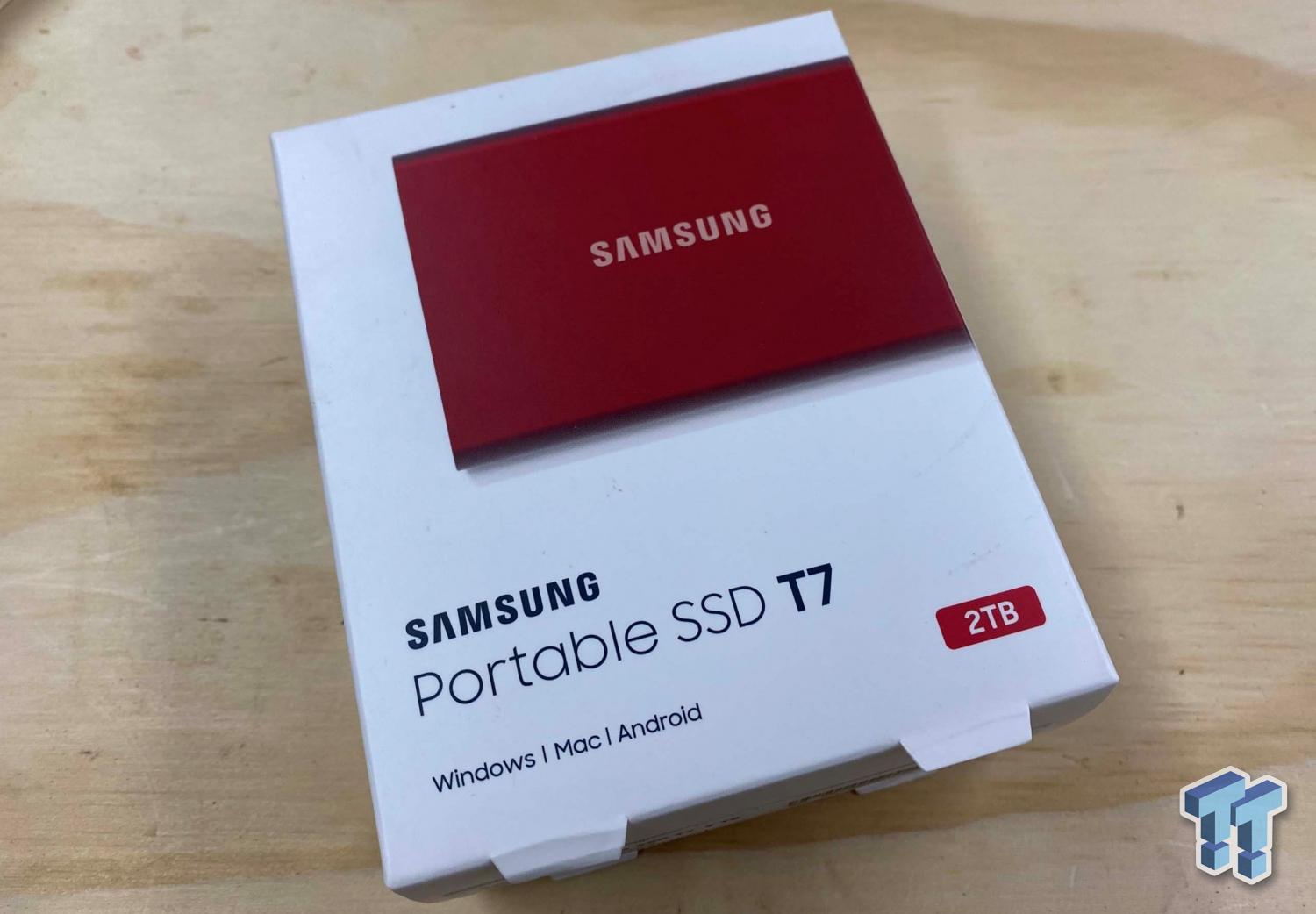


The drive includes a USB-C to USB-A cable, which allows it to work with all existing computers and their regular USB ports. The use of the USB-C port means when coupled with a USB-C cable (not included) it can work with the new MacBook, and all mobile devices that offer a USB-C port - mostly Android tablets and a couple of phones for now. On one side, the T3 has a USB-C port, as opposed to the usual Micro-USB 3.0 port, but the drive supports the USB 3.0 standard with a top speed of 5Gbps. Windows 7 (or later), Mac OS 10.7 (or later), Android KitKat (version 4.4 or later) USB 3.0 (USB 2.0 compatible) with an USB-C port. But if you just want a fast and super compact portable storage device and don't care about it being rugged, the T1 is still a great deal, especially given its now lower price.

That said, if you're looking for a tiny yet tough, secure and capacious portable storage device to accompany your mobile devices, be it a laptop or a USB-C-enabled tablet, the T3 is an excellent choice. Australian prices for the T3 are yet to be announced.) (A UK price is not yet available, but that converts to around £590. What's more, the new drive is also available in a 2TB capacity for $850, which is huge considering how small it is. To earn that premium, the T3 has a rugged new aluminum case and now comes with a USB-C port instead of the old Micro-USB 3.0 port. That's compared to the current cost of $85, $158 and $349 for the T1 at the same capacities (£88, £149 and £250 in the UK). I say "likely" because in testing, the new T3 was actually a bit slower than the previous model while costing slightly more, at $130, $230 and $430 for 250GB, 500GB and 1TB respectively (£99, £159 and £302 in the UK).


 0 kommentar(er)
0 kommentar(er)
